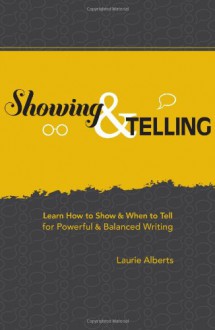

This author has been recommended to me by many people over the years. When I read the blurb for this book I was excited to finally get to her work. A pet whisper who helps take down a killer/drug dealer. I'm a sucker for paranormal stories, add animals and I'm a happy reader. I was not a happy reader while reading this. I'm warning you I was feeling a bit rant-ish after finishing it.
What went wrong for me: Never ending telling and retelling, over explained everything down to the smallest little detail, repetitive explanations, cold mechanical sex, weird methodical dialog, silly goading, too many dialogs, one dimensional characters, conversations that I could not figure out who was speaking, the conversations with the animals were odd and didn't feel emotional like they were told to be. Yes, told, the book spent a lot of time telling me how it was to be felt. They talked/inner dialog/explained so much I just wanted them to shut up so I could read the story. The romance, sigh, what romance ? It was ridiculous, heated glares, glances, and "let's have sex" after you kidnapped me and plan on using me in a way that could get me tortured and killed. It was step A, step B, step C, done. Really, is that supposed to work ? The suspense, was so cheesy, the big bad guys so hollywood derived, I never felt it. The ending was, nothing, it went to nothing.
What did I like about the story ? When she rescued Juno, that was a good moment. Till the dog started talking, ugg ruined moment that lasts and lasts. I hope that I never get to talk with animals if they keep repeating themselves like Juno. My dog is looking at me now and I'm so grateful I can't hear a word, sorry pup.
Stubborn to the end I finished this book even when I knew at 10% in it wasn't working for me. I will not be reading more from this author her style does not work for me.

 Log in with Facebook
Log in with Facebook 








